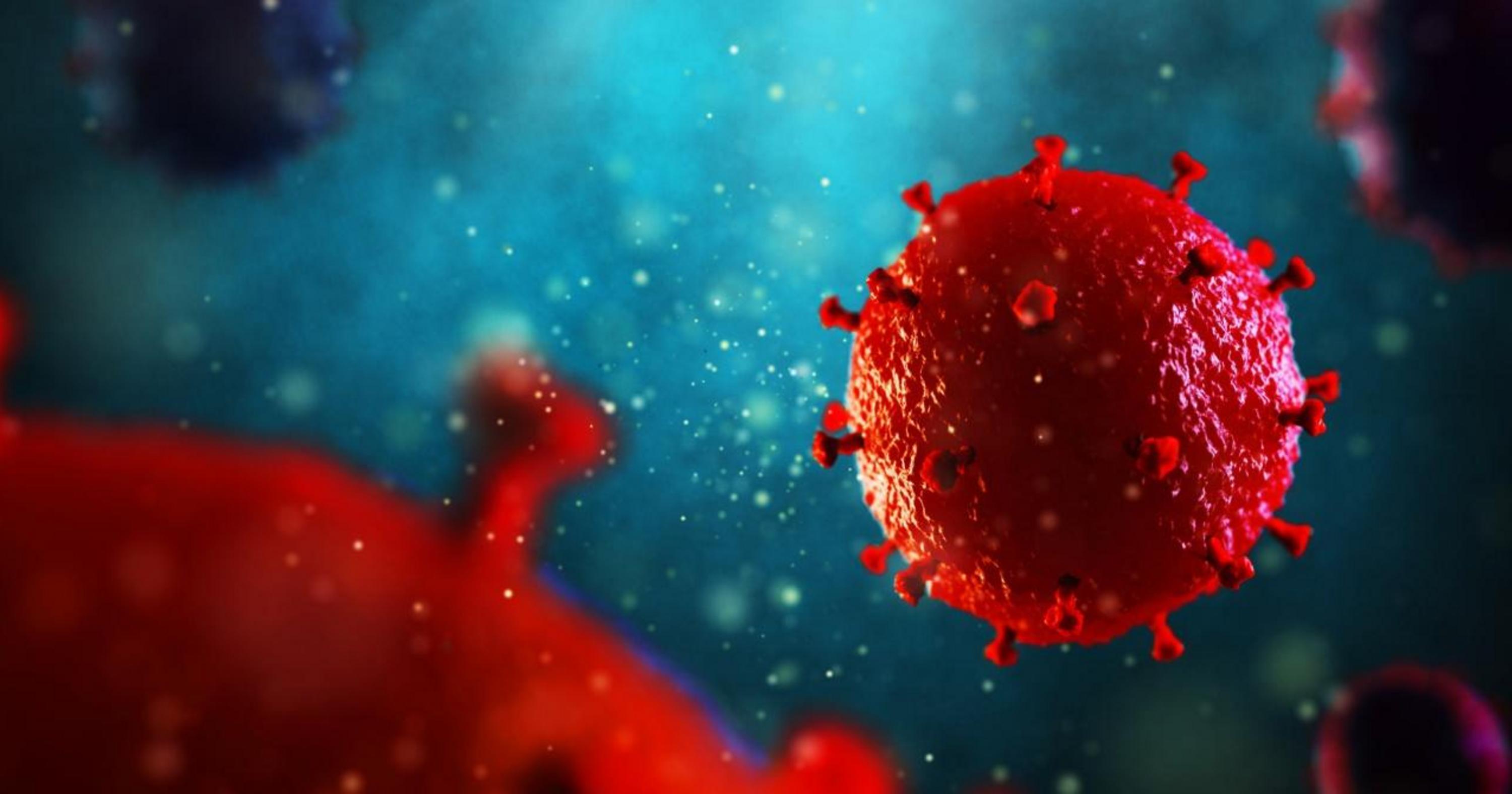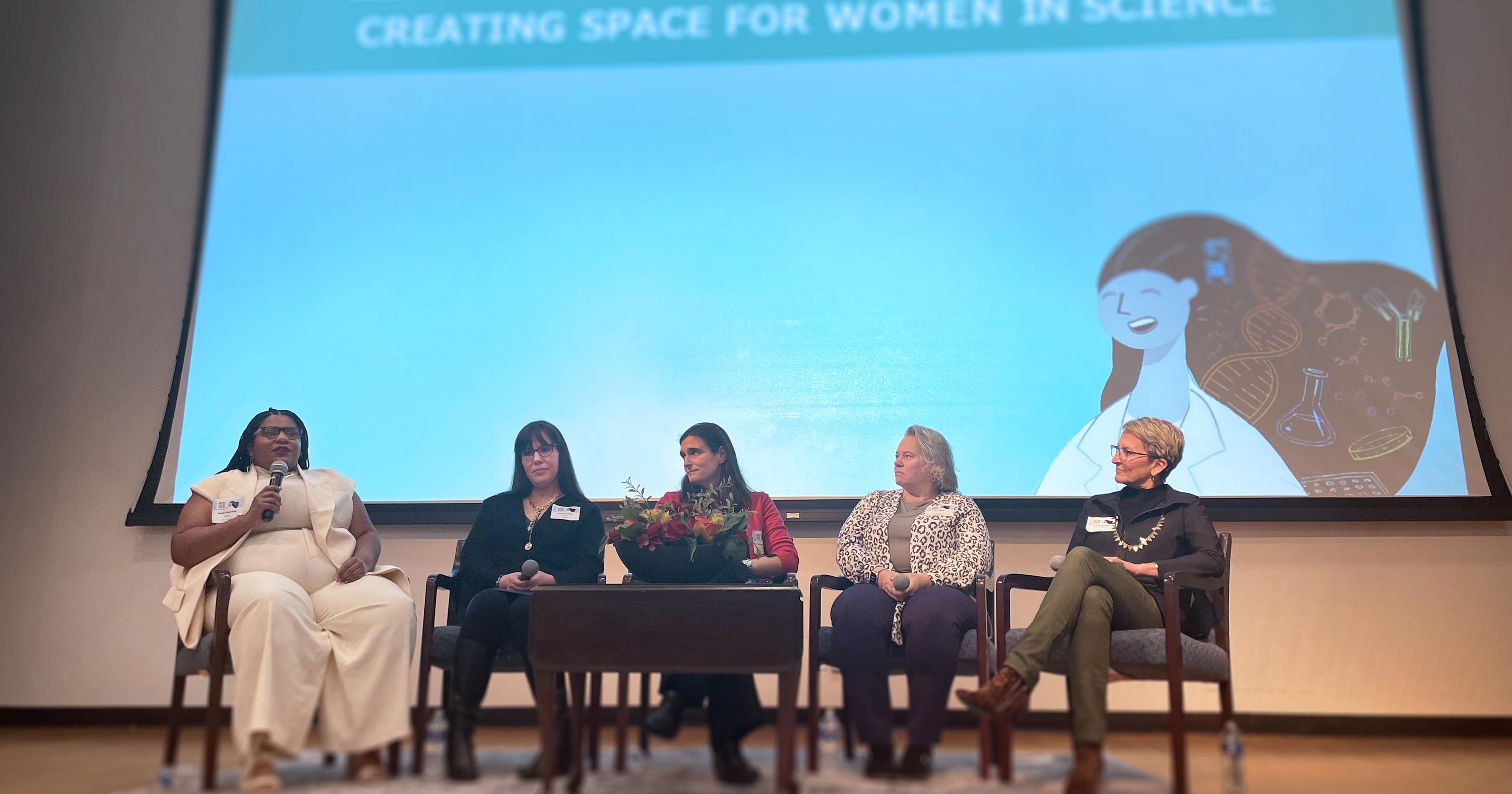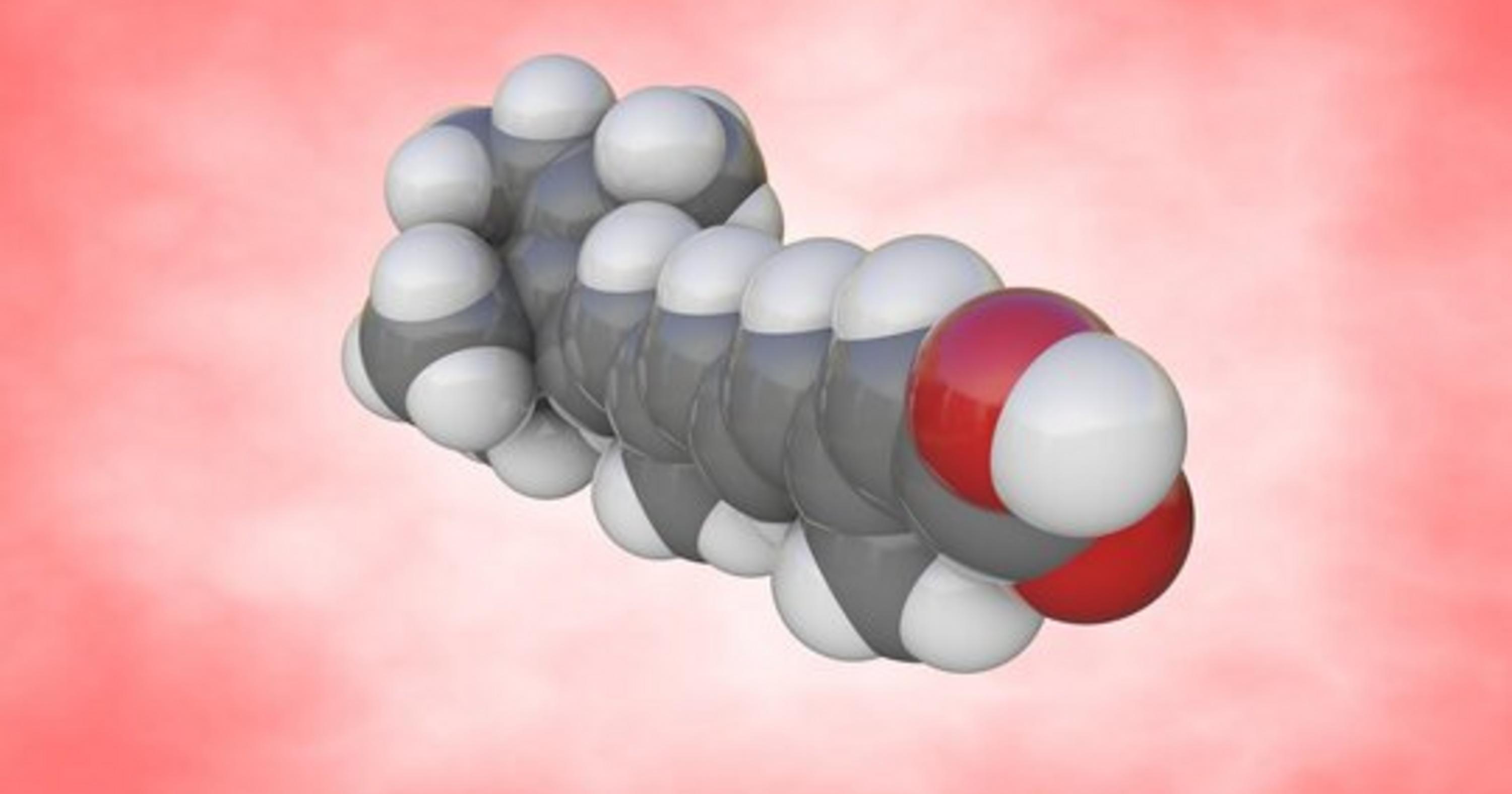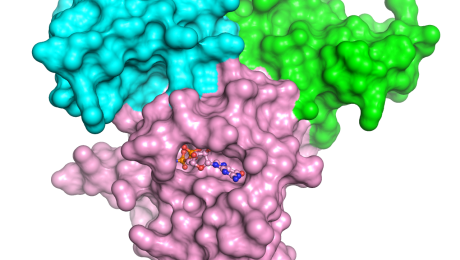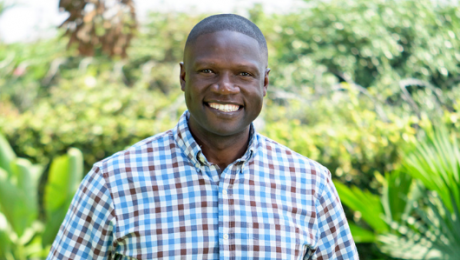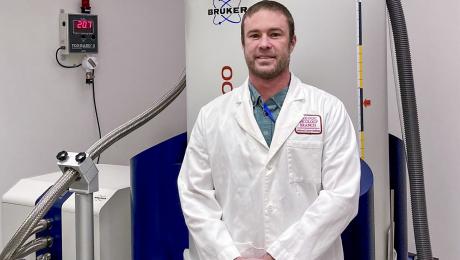All News
AIDS research team aims to push boundaries in science and beyond
AIDS and Cancer Virus ProgramPosted 4/29/2021Researchers are launching a new project aimed at understanding vaginal transmission of HIV and examining what happens in the earliest stages of infection in people with a cervix, who represent about one-fifth of new cases each year.
Christine Fennessey, Ph.D. and Claire Deleage, Ph.D. in the Frederick National Laboratory’s AIDS and Cancer Virus Program received funding…
BRMP, Bastion of Progress, Resonates Decades Later
Posted 4/26/2021Though it lasted just 15 years, Frederick’s first clinical oncology program answered multiple fundamental questions in the fledgling field of immunotherapy and primed the local medical community to become the oncology research hub it is today. The Biological Response Modifiers Program (BRMP) received formal recognition from the Department of Health and Human Services 40 years…
Study ‘sheds light’ on critical step in RAS-driven cancers
Posted 4/21/2021Results of a recent study suggest how two oncogenic proteins—KRAS and RAF kinase—interact, and the structure of this protein-protein complex provides a blueprint for designing new inhibitors that could help prevent RAS-driven cancers.
The KRAS gene provides instructions for making the KRAS protein that is part of a signaling pathway. The protein relays signals from…
Victor Ssempijja: A data analyst who’s helping to diminish an epidemic
Clinical Monitoring Research ProgramPosted 4/15/2021
Victor Ssempijja remembers there being many fatherless households in his hometown in Uganda during his childhood. In fact, he says he could count the number of complete families on just his fingers. The other fathers had died of HIV and associated complications.
“I actually grew up thinking that men were not supposed to live long,” he said.
The situation is better…
Data set lets AI teach itself to analyze microscopy better
Cancer Research Technology ProgramPosted 4/13/2021A data set doesn’t sound like a flashy scientific advance, but that impression belies a concept with the potential to enable eye-catching science.
Such is the case with CEM500K, a new data set created by Kedar Narayan, Ph.D., and Ryan Conrad in the Center for Molecular Microscopy at Frederick National Laboratory. As reported in eLife last week, it’s a cutting-edge resource…
An ember in the soul: A tribute to clinical trial participants
Posted 4/7/2021The National Cancer Institute is currently supporting more than 6,700 clinical trials.
That staggering statistic is dwarfed by the number of participants in those trials, many of whom are cancer patients. Even more astounding is that these numbers are for just this moment in time. The thousands of trials currently recruiting or underway are themselves a mere fraction of…
Digital twins for cancer care: Exploring a cross-disciplinary innovative approach
Cancer Data Science InitiativesPosted 4/5/2021Used successfully in several industries, digital twins have the potential to forge a path toward advances in cancer care and research. By melding computational science with the field of medicine, scientists aim to use digital twins to ultimately predict the effect of new therapies on cancer patients by using computer models without harming actual humans.
Frederick…
Metabolic mystery gives way, revealing driver of rare kidney cancer
Cancer Research Technology ProgramPosted 3/23/2021Two scientists and their colleagues have uncovered a key activity driving a rare and deadly type of kidney cancer called hereditary leiomyomatosis and renal cell carcinoma (HLRCC).
Their study explains how altered metabolism “rewires” these cancer cells, allowing them to be more aggressive and malignant.
The new information illuminates a previously unknown aspect…
Program pioneers a path for Frederick’s science
Posted 3/15/2021As the winter of 1973 turned to spring, the Frederick Cancer Research Center (FCRC), the forerunner to the Frederick National Laboratory and the National Cancer Institute (NCI) at Frederick that exist today, neared the one-year mark since its opening. The more than 250 employees had made sound progress, given the challenges of converting the old Fort Detrick biowarfare…
A new institution for cancer research is born
Posted 3/15/2021On October 18, 1971, President Richard Nixon emerged from the U.S. Army Post Headquarters at Fort Detrick into the sunlight of one of Frederick’s signature autumn mornings. Nearby, a crowd of dignitaries, Army officers, and journalists from local and national news outlets had gathered to hear his remarks about the former biowarfare research facility. He greeted them, paused to…

